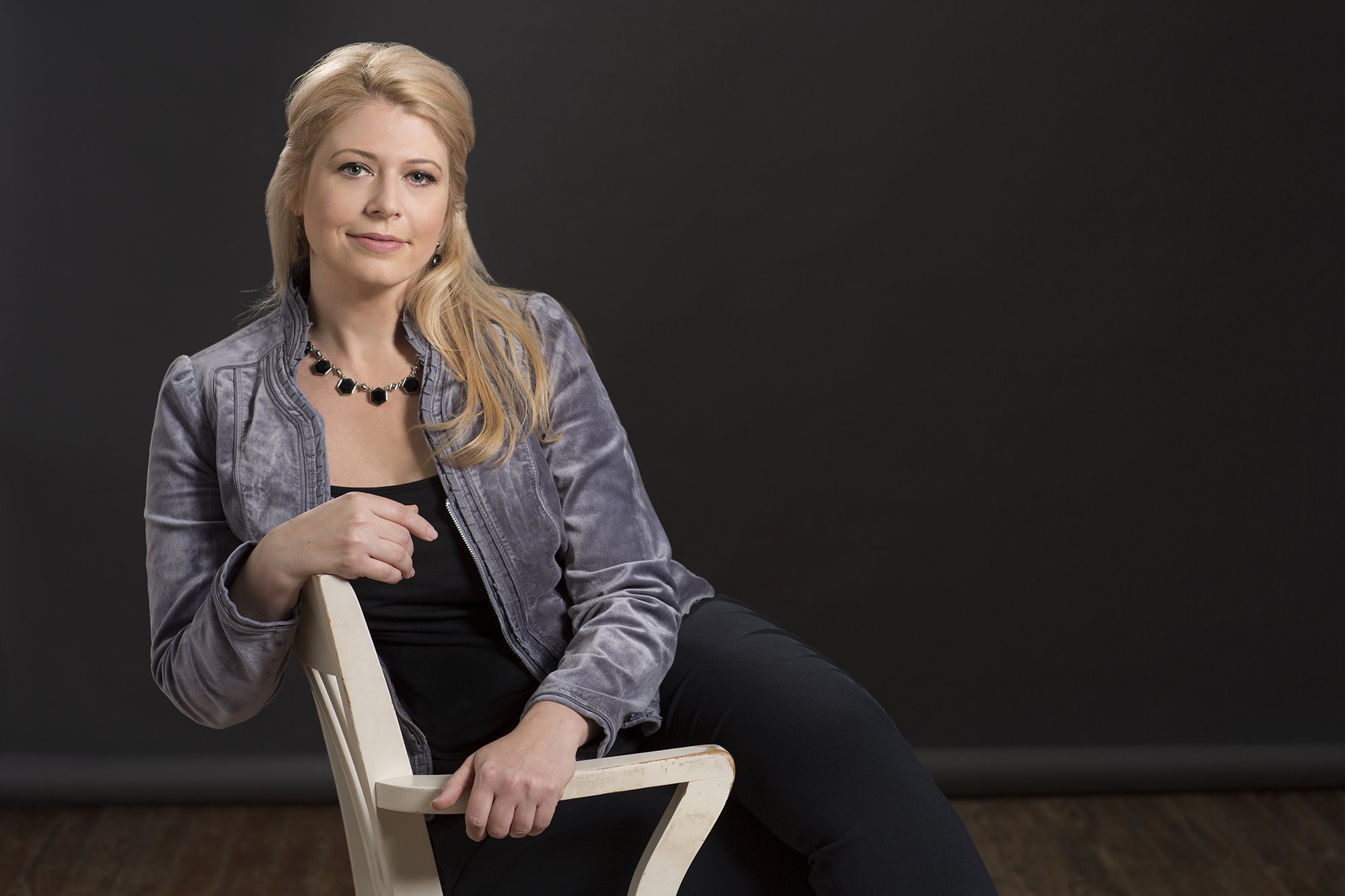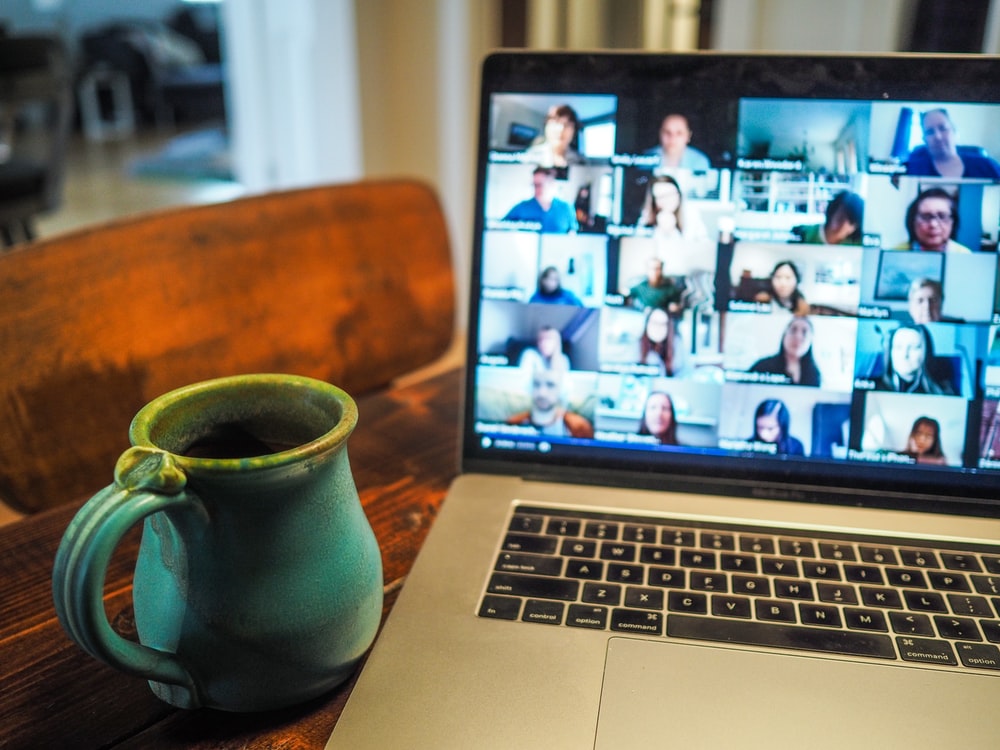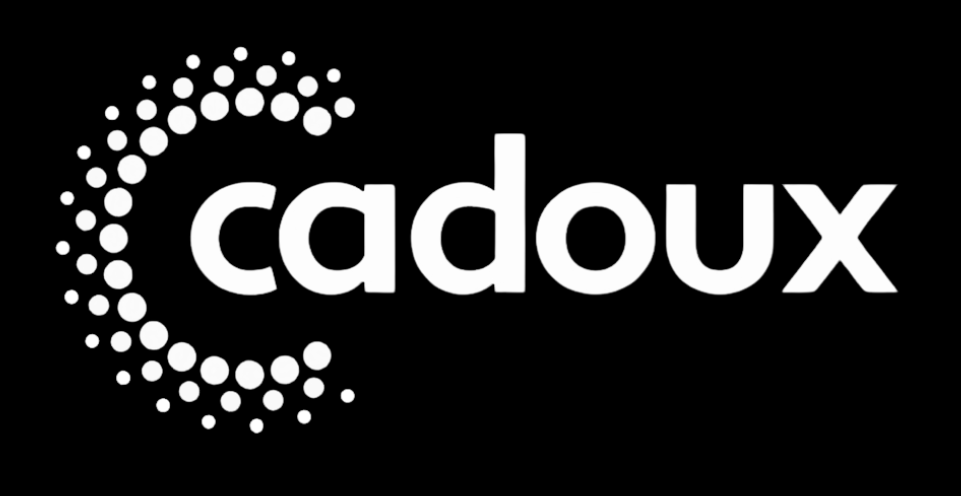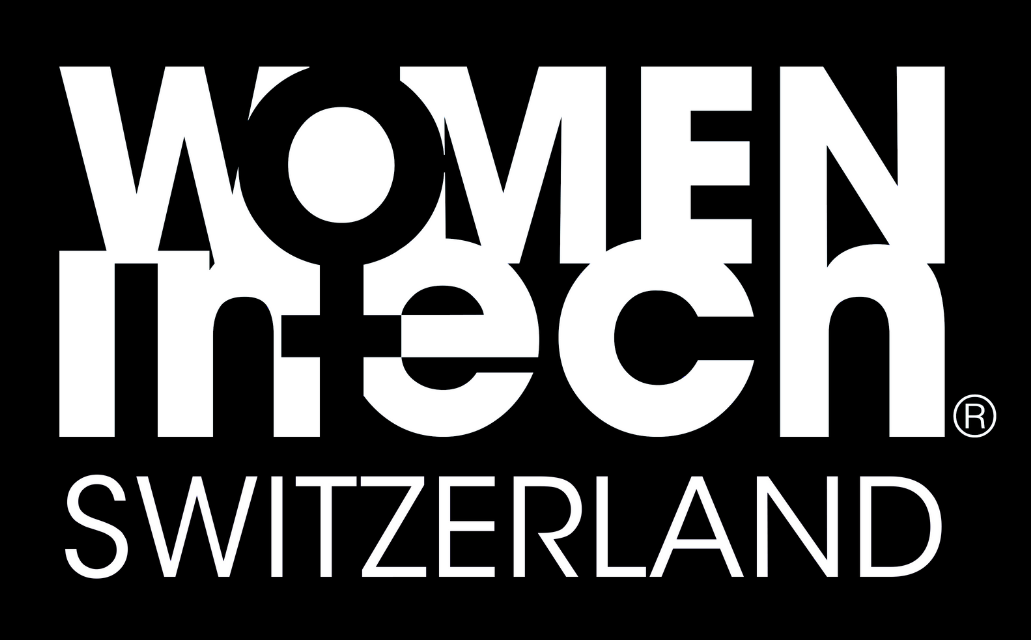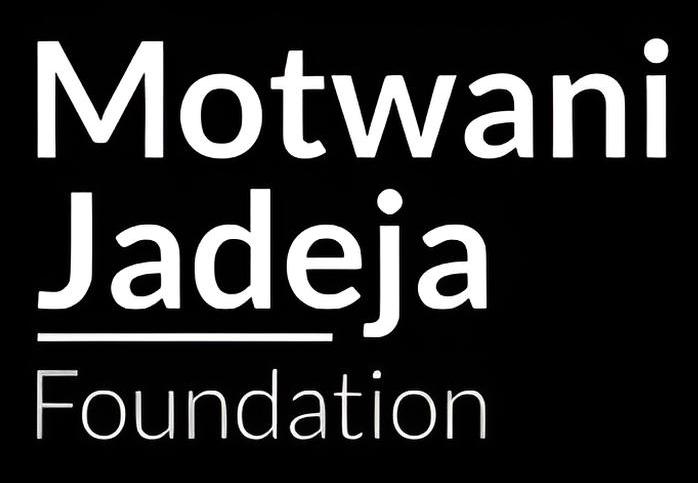FORBES :Elizabeth Holmes, the world’s youngest female billionaire, and her company, Palo Alto-based Theranos, have seized the public imagination with a vision of replacing traditional blood tests with a cheaper, faster, and less painful alternative. But Theranos’ technology remains shrouded in mystery, even controversy, as the company that aims to replace traditional blood tests with mere finger pricks begins to slowly expand from its initial footholds in California and Arizona.
Theranos is offering tests for less money, and at a faster turnaround time, than giants like Laboratory Corp. of America or Quest Diagnostics. It says that it can analyze blood tests that used to require using a needle and syringe to draw a vial of blood with just a drop taken from a pricked finger. The tests will be available in drug stores – there is already a partnership with Walgreens — and will be analyzed at nearby laboratory facilities that use proprietary technology. More groups have signed on, including, this morning, an insurer focused on the Medicaid market called AmeriHealth Caritas.
How much is real and how much is hype? I’m not going to provide a final answer here. I still have no idea how Theranos’ technology works. But I’m more confident than I was before after spending a day talking to the company’s partners.
Here are a few reasons for that confidence: The Food and Drug Administration has just posted a detailed explanation of its decision to clear Theranos’ one approved test, and, to my eyes, it does give some validation of their technology. Yesterday, I spent 50 minutes on the phone with Holmes herself and another hour talking to three of her partners: Capital Blue Cross Pennsylvania, a large insurance plan there; the Carlos Slim Foundation, which is working with Theranos in Mexico; and AmeriHealth Caritas, the insurer focused on Medicaid plans that is pairing up with Theranos today. They were thoughtful about what they were buying and its potential to change the way they did things.
I want it to all be true, because Holmes’ moral challenges to the way health care works now are so obvious and compelling. Take this, her stance on lab industry pricing practices:
“Someone in need comes to you and, because they don’t have the right kind of insurance that can allow the price of these lab tests to be low, you charge them thousands of dollars for a lab test? There’s something wrong with that. We believe very strongly that these tests need to be affordable, and they need to be operator consistent, with transparent prices, and that needs to happen in a way that an average person can afford them.”
Everybody who’s ever gotten a blood test probably agrees with that. Here is what I learned yesterday.
FDA approval
There’s a lot of skepticism about Theranos. Michael Cherny, an analyst at ISI Evercore, an investment bank, wrote in a recent note to investors:
What we consistently hear about Theranos from people in the field (people with many more degrees than I have) is that the reason for the secrecy is that there is nothing THAT proprietary about the technology (their words, not ours). In a session at the May Executive War College conference, one clinician noted that the “only thing Theranos has revolutionized is pricing transparency and a great PR campaign.”
A recent opinion piece in Clinical Chemistry and Laboratory Medicine, a scientific journal, asserted that “most of the company’s claims are exaggerated.” The author, Eleftherios P. Diamandis of Mount Sinai Hospital in Toronto, argued that Theranos likely has few cost or speed advantages over current technologies and that, without more robust testing, “Theranos technology’s quality and robustness will remain in question.”
When critics say that Theranos should publish more data, Holmes responds that she is doing something better: getting approval from the Food and Drug Administration for 120 different Theranos tests. This is not standard practice in the industry.
Many blood tests are actually not FDA approved, because tests that are developed by the lab that uses them have been exempt from many regulations. Holmes argues that FDA approval is a much higher hurdle than simply publishing in a medical journal. It’s great that Theranos is doing this.
That said, Theranos has a tendency to overstate what we can know from its single FDA approval, granted earlier this month. The approval is for a single test – for herpes simplex 1, which causes cold sores and, less often, genital sores. Theranos tends to present it as a validation for its technology – one press release says simply that the company “received clearance of its lab technology from the FDA” – instead of emphasizing that this is an approval for using that technology for detecting herpes virus. That’s an important distinction: every test will require its own approval.
But the FDA has just made public its decision letter to Theranos and a far more detailed memo around the agency’s thinking. The 29-page memo doesn’t explain how the Theranos system works, but does compare samples on the existing technology and using Theranos’ new technology. Not only are the test results substantially the same, but Theranos’ device is able to replace a blood draw with just a drop of blood, as advertised.
Holmes agrees that her company’s speed and cost is based on logistics as well as technology. Theranos has started offering tests that it can’t yet integrate into its systems, using full blood draws. It still charges at most 50% of what Medicare allows, sometimes losing money on the tests. If big laboratory companies really have equally low chemical costs, why are their tests so expensive?
“Nobody else seems to be interested in offering lab tests for less than Medicare’s reimbursement rate!” says Holmes.
Testing the blood test
Executives at Capital Blue Cross Pennsylvania, a health insurer that partnered with Theranos on July 8, seemed to have done the most thorough job vetting the Theranos technology among those I spoke to yesterday.
Chief Executive Gary D. St. Hilaire said that he and his team had been watching Theranos closely for four years, since a venture capital fund they participate in with other Blue Cross/Blue Shield insurers invested in the company.
“Our folks have spent quite a bit of time out at their company headquarters,” St. Hilaire says. “We have tremendous confidence in the team and certainly have had that technology demonstrated to us in more than one or two ways.” He adds that his confidence in Theranos was built long before FDA approval.
Aji Abraham, a senior vice president at Capital, says that he went so far as to get tested using Theranos himself and compare the results to a recent blood test. Neither he nor his doctor noticed any significant differences. Abraham says he can’t detail what formal tests he put Theranos through because of patient privacy law.
Right now, Capital Blue Cross is using Theranos in addition to other testing providers, not instead of them. But Hilaire still says he expects the deal to save money, both because the tests will be cheaper and because more patients will get them. Something like half of blood tests that doctors prescribe never happen, which can make patients less healthy and more expensive in the long run.
Theranos has promised to build one of its labs near Capital Blue Cross’s new drug store, where a Theranos testing center is currently up and running. Until then, samples are being flown across the country to California for testing. Hilaire says that results are still coming back in 24 to 48 hours – faster than he might expect for nearby laboratories Capital Blue Cross uses.
Mexican effort
Ricardo Mujica Rosales, the executive director of the Carlos Slim Foundation, was also drawn by the promise of lower costs. The Slim Foundation is working with front-line clinics across Mexico to try to provide blood tests for cholesterol, kidney proteins, and other lab results to 1 million people as part of an effort to battle health problems caused by obesity. Some of those tests will now happen on Theranos equipment.
“We’ll be able to do this in a much more efficient way,” Rosales says. “It’s easier to do, we do it at a lower cost, and we give the results in a faster way than we’re currently doing.” However, the Slim Foundation hasn’t done much to put Theranos’ technology through its paces. “We trust what they’re doing,” Rosales says.
Building lots of Theranos testing centers in Mexico would seem a huge effort for a company that is trying to gain footholds in several U.S. states. But Holmes says that the project will require a far more limited array of tests for these patients, and will therefore be cheaper and easier to manage.
Medicaid patients
Usually, patients using Medicaid, the U.S. government’s system for getting health insurance to the poor, are the last ones to get a new technology. Not so with Theranos: the company is announcing this morning a partnership with AmeriHealth Caritas, a for-profit company that administers Medicaid health plans. AmeriHealth is owned by two non-profit Blue Cross/Blue Shield Plans and covers some 7 million people.
Paul Tufano, AmeriHealth’s CEO, says he reached out to Holmes after reading about her in the press. He saw not so much an opportunity to cut laboratory costs as a way to involve Medicaid patients, who he says often come into the healthcare system only through the emergency room, with a new, and unthreatening, way to get their laboratory results.
“It’s the prick of a needle instead of a full blood draw,” says Tufano. “It’s also walking into a retail establishment they may already be used to. It’s a simple way to change the whole way the Medicaid population relates to the healthcare system.”
He also says that he’s confident that all the noise about Theranos tests is just that – that the tests are quite accurate.
“Our folks have had a significant amount of interaction with Theranos,” Tufano says, “and we wouldn’t make something available for our members if we didn’t feel comfortable in the technology underlying it.”
There’s not yet a timeline for the AmeriHealth rollout.
Does any of this mean for sure that Theranos is going to revolutionize the way we get blood tests? No. Revolutions are hard. And it would be nice to have more information on what is going on inside Theranos’ black box. But what we can see is promising. And how many other hot startups are actually promising to cut healthcare costs? I want to know more, but what I heard yesterday made me more confident that Holmes is running a real company that we all need to continue to watch.



